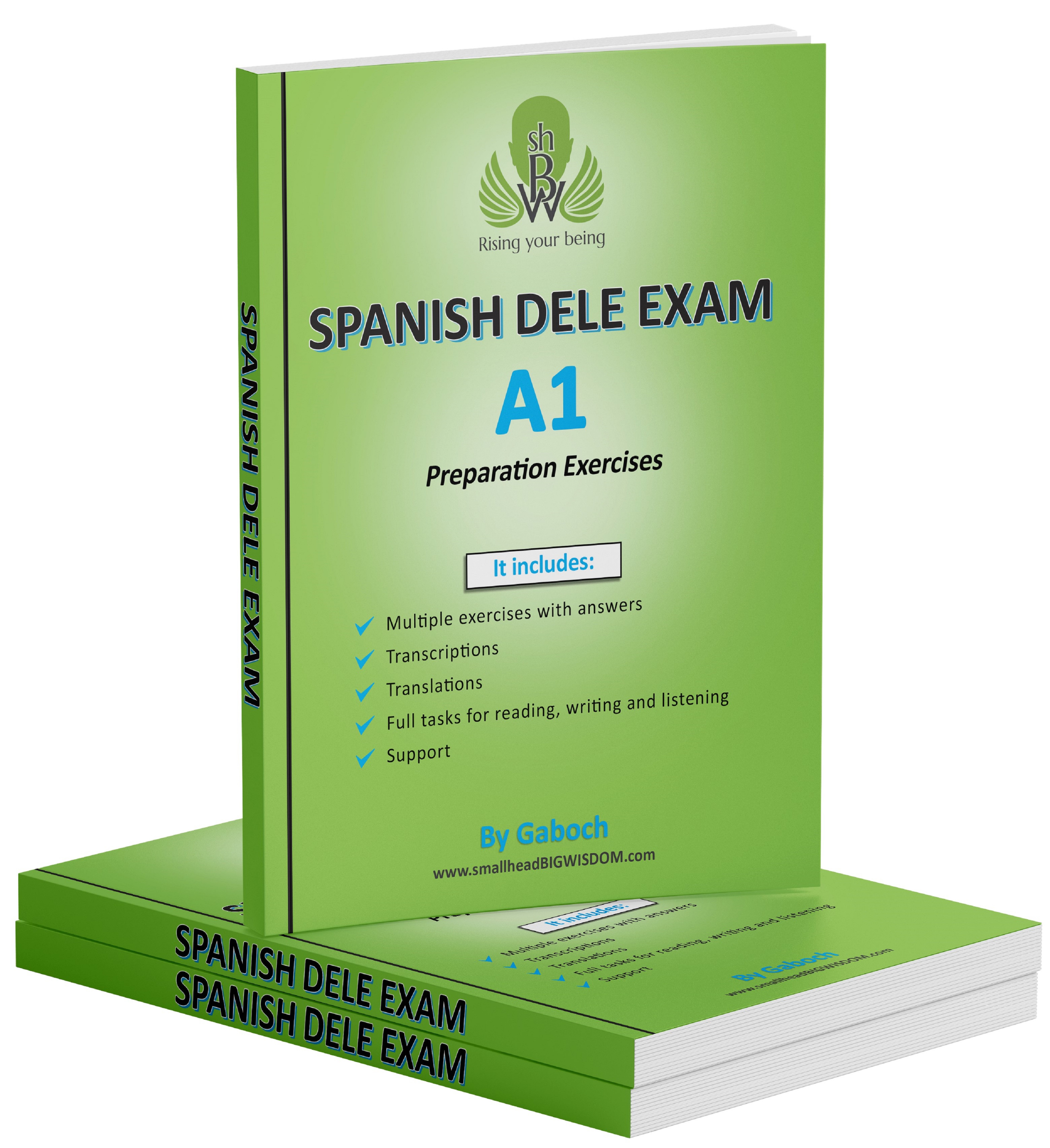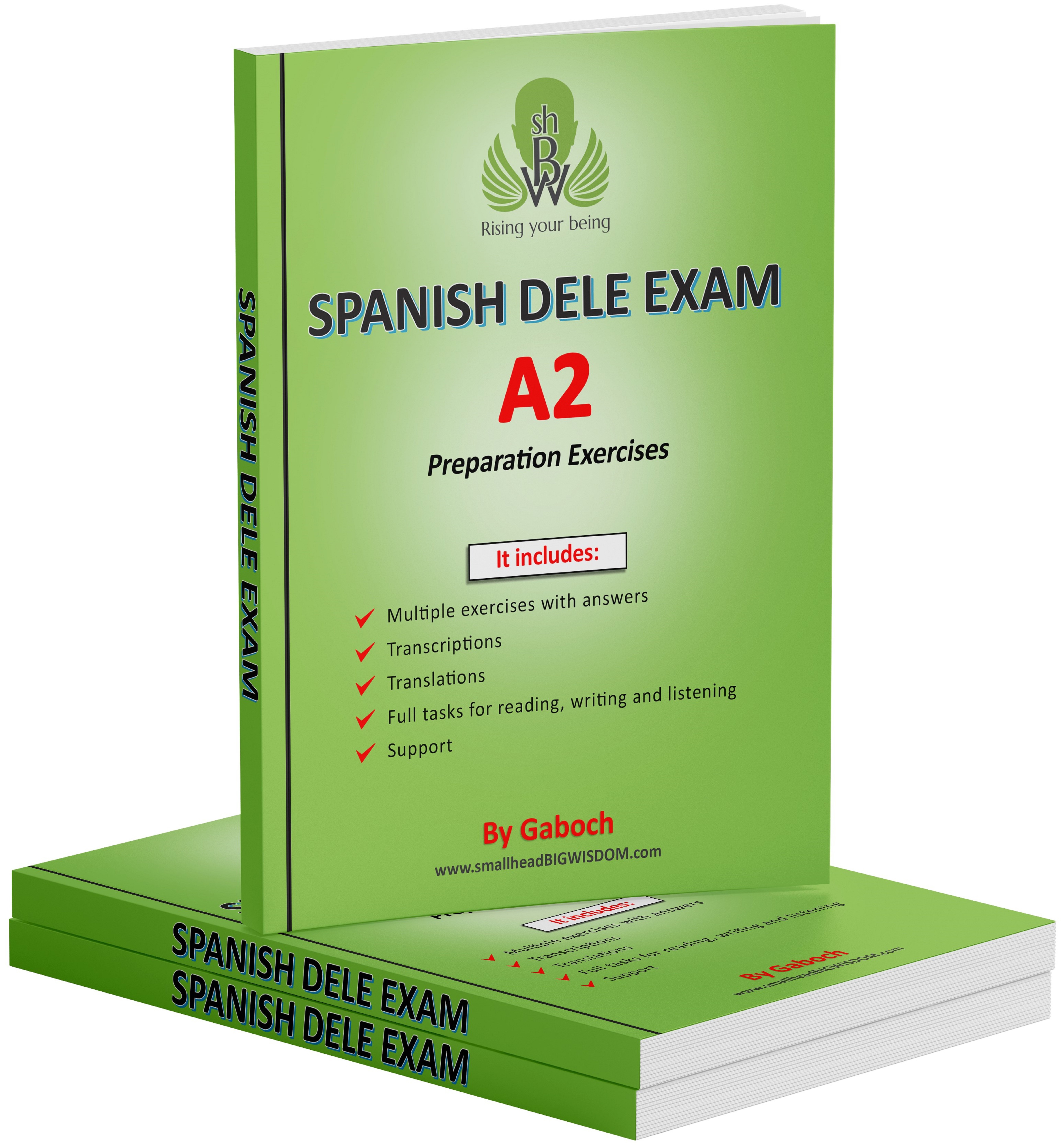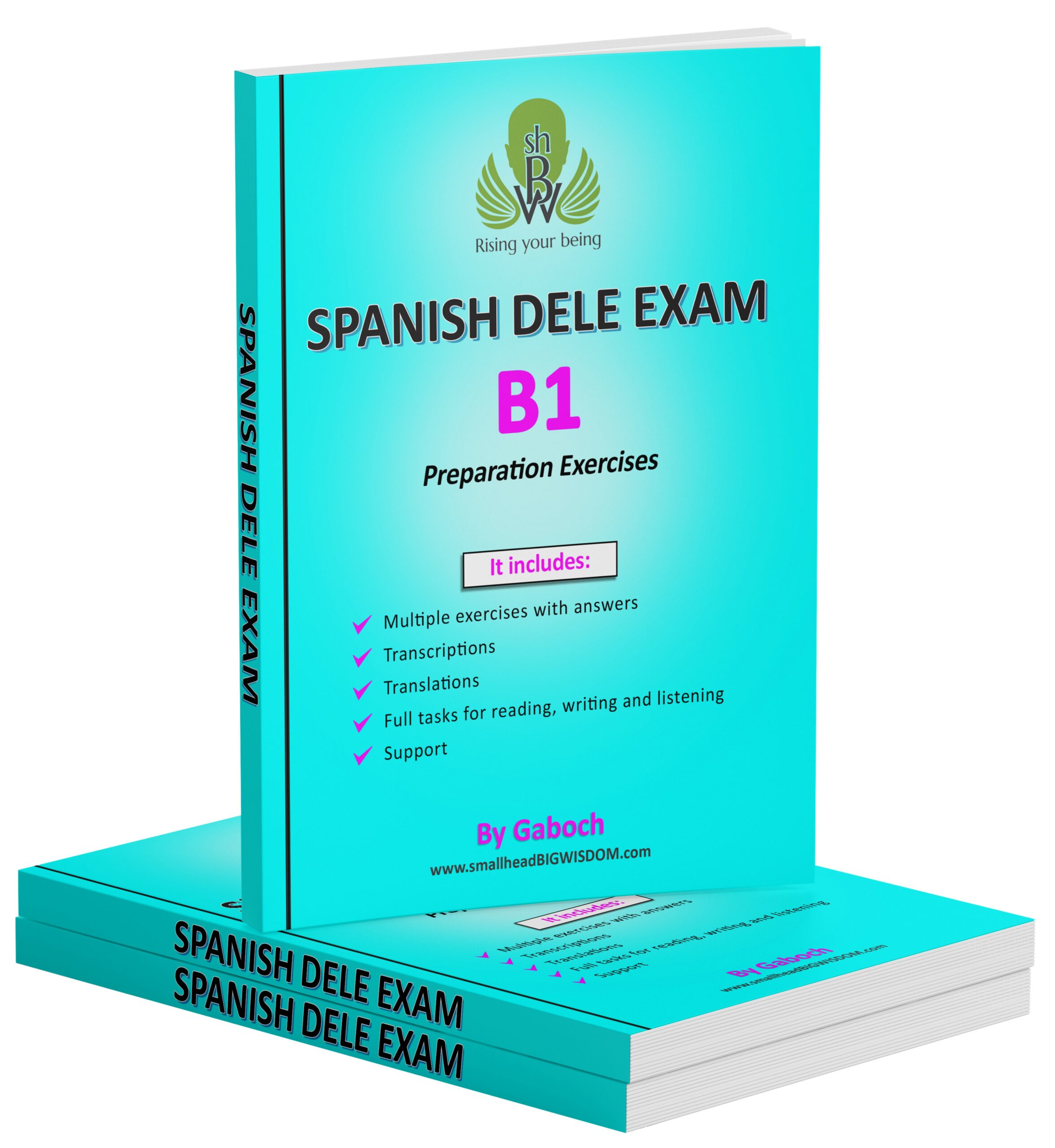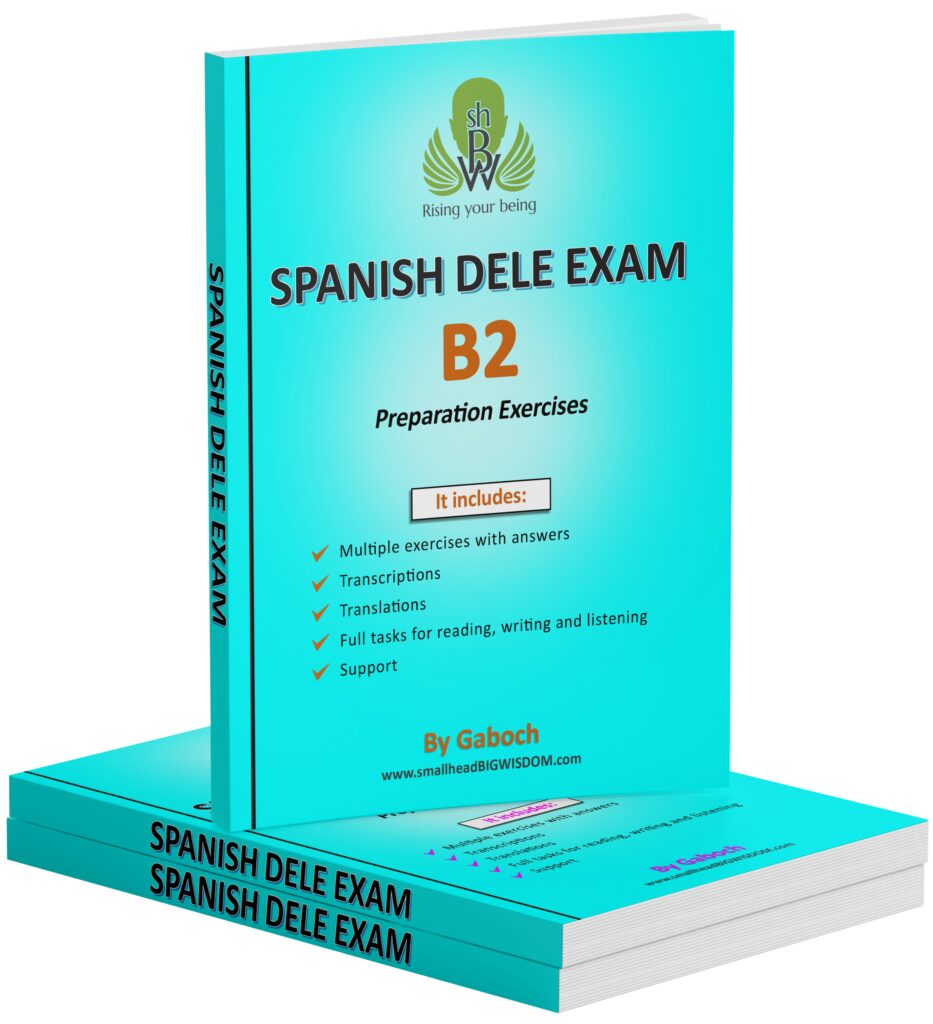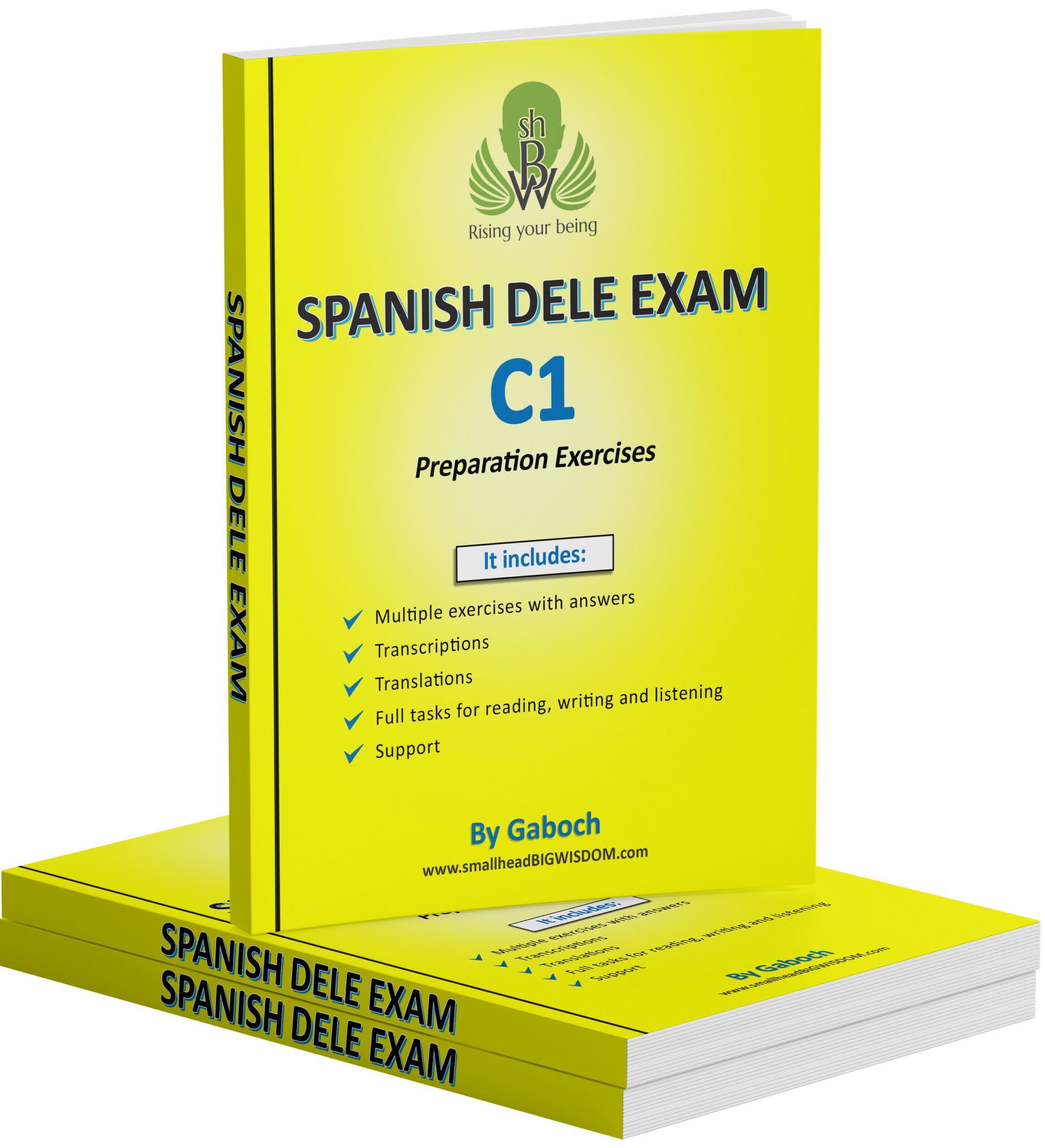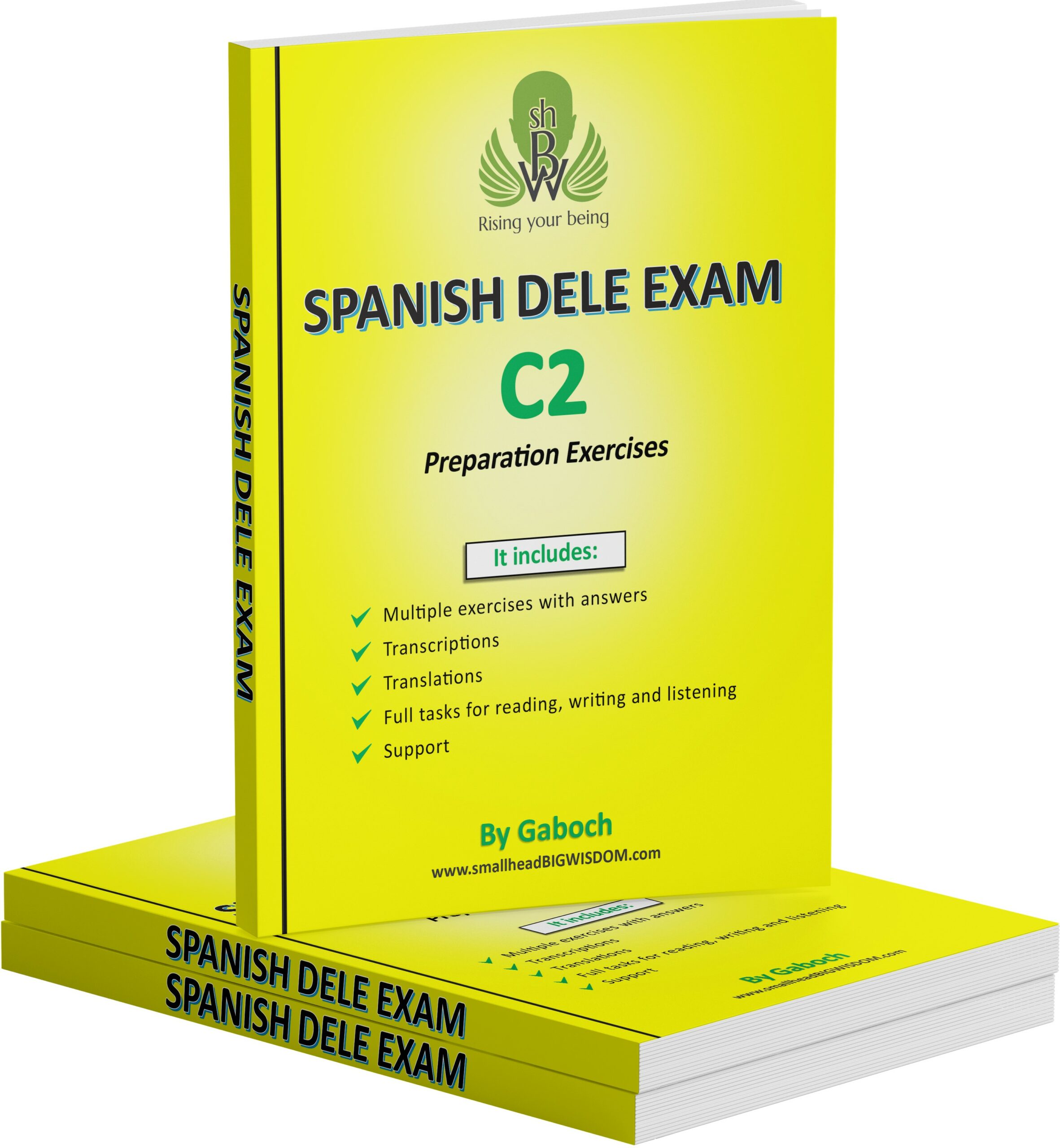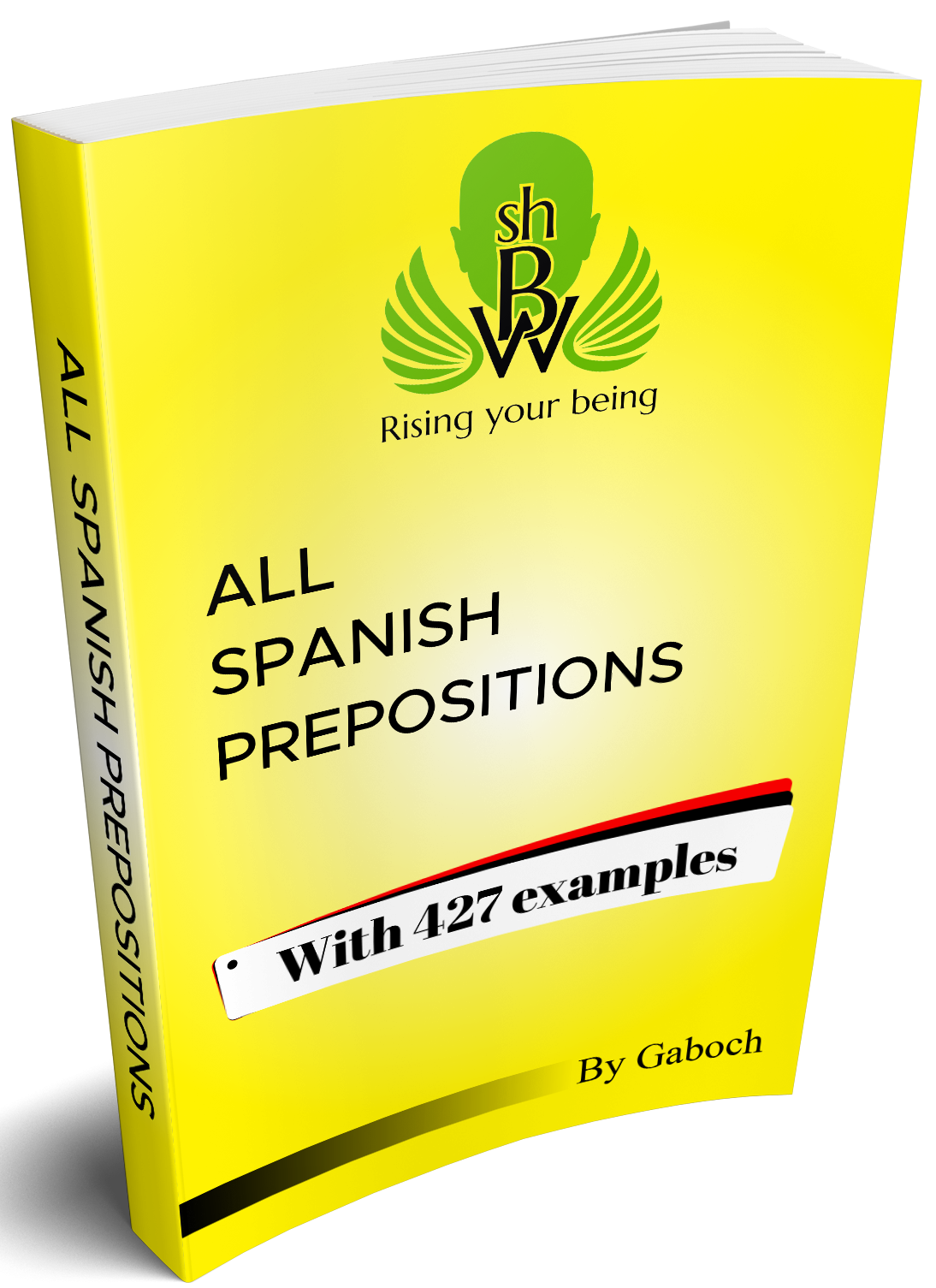smallhead BIGWISDOM
Rising your being
The Imperfect subjunctive in Spanish
In Spanish, the imperfect subjunctive is used with the following considerations:
- When the verb of the main clause is in preterit or conditional and the subjunctive action takes place at the same time or after the action of the main clause
- Sería más útil si trabajaran en equipo (It would be more useful if they worked as a team)
- Ella no confirmó que él fuera a venir a la reunión (She didn’t confirm he would come to the meeting)
- La mamá esperaba que su hijo estudiara más (The mother hoped her son would study more)
- La policía exigió a los ciudadanos que tuvieran más precaución (The police demanded their citizens to be more cautious)
- El abogado le dijo a ella que dijera toda la verdad (The attorney told her to say all the truth)
- To express uncertainty in the past
- Ellos no creían que Pedro triunfara en el exterior (They didn’t believe Peter would succeed abroad)
- Dudaban de que el profesor fuera demasiado estricto (They doubted that the teacher was too strict)
- To point out something doesn’t exist or there is no total certainty of its existence
- Él tenía la esperanza de que lo ayudaran pronto (He had hope they would help him soon)
- ¿Ellos conocían a alguna persona que no tuviera muchos compromisos? (Did they know anyone with not so many assignments?)
- No estaba muy seguro de que funcionara como ellos esperaban (I wasn’t too sure that it was going to work as they expected)
- To express dependency among adverb clauses
- El niño dependía del apoyo que su madre le diera (The kid was depending on the support his mother would give him)
- Él cantó con el alma para que ella se sintiera feliz (He sang from the bottom of his heart to make her feel happy)
- Una buena planificación era clave para que el proyecto funcionara (A good planning was key for the project to work)
- When the main clause is in present, but the subordinated clause happened before, and it’s not related to the present.
- Me place mucho de que tuvieras todo listo (I’m glad to know you had everything ready)
- Ella se siente muy bien de que la ayudaran (She feels very well for being helped)
- To express courtesy.
- Quisiera venir más temprano para ayudarte (I’d like to come earlier to help you)
- ¿Quisieras hablar más despacio por favor? (Would you please talk more slowly?)
- Voy a entrar si se me permitiese (I’m going to enter if I’d be allowed)
- In conditional sentences with “if”
- Si no lloviera todos los días, haría más ejercicio en el parque (If it didn’t rain every day, I’d do more exercise in the park)
- Tendría más felicidad si ayudara a más personas (I’d be happier if I helped more people)
The imperfect subjunctive conjugation of model regular verbs (ar, er, ir) is:
amar | correr | |
(que) yo | amara o amase | corriera o corriese |
(que) tú | amaras o amases | corrieras o corrieses |
(que) usted, él, ella | amara o amase | corriera o corriese |
(que) nosotros o nosotras | amáramos o amásemos | corriéramos o corriésemos |
(que) vosotros o vosotras | amarais o amaseis | corrierais o corrieseis |
(que) ustedes, ellos, ellas | amaran o amasen | corrieran o corriesen |
partir | |
(que) yo | partiera o partiese |
(que) tú | partieras o partieses |
(que) usted, él, ella | partiera o partiese |
(que) nosotros o nosotras | partiéramos o partiésemos |
(que) vosotros o vosotras | partierais o partieseis |
(que) ustedes, ellos, ellas | partieran o partiesen |
Some irregular verbs have the following changes when conjugated in the imperfect subjunctive:
o changes to u as in poder.
e changes to i as in sentir.
poder | sentir | |
(que) yo | pudiera o pudiese | sintiera o sintiese |
(que) tú | pudieras o pudieses | sintieras o sintieses |
(que) usted, él, ella | pudiera o pudiese | sintiera o sintiese |
(que) nosotros o nosotras | pudiéramos o pudiésemos | sintiéramos o sintiésemos |
(que) vosotros o vosotras | pudierais o pudieseis | sintierais o sintieseis |
(que) ustedes, ellos, ellas | pudieran o pudiesen | sintieran o sintiesen |
Get the book about 1100 English-Spanish Cognates!
Bonus: Audio pronunciations
Get it now!
(See Table of Content)
